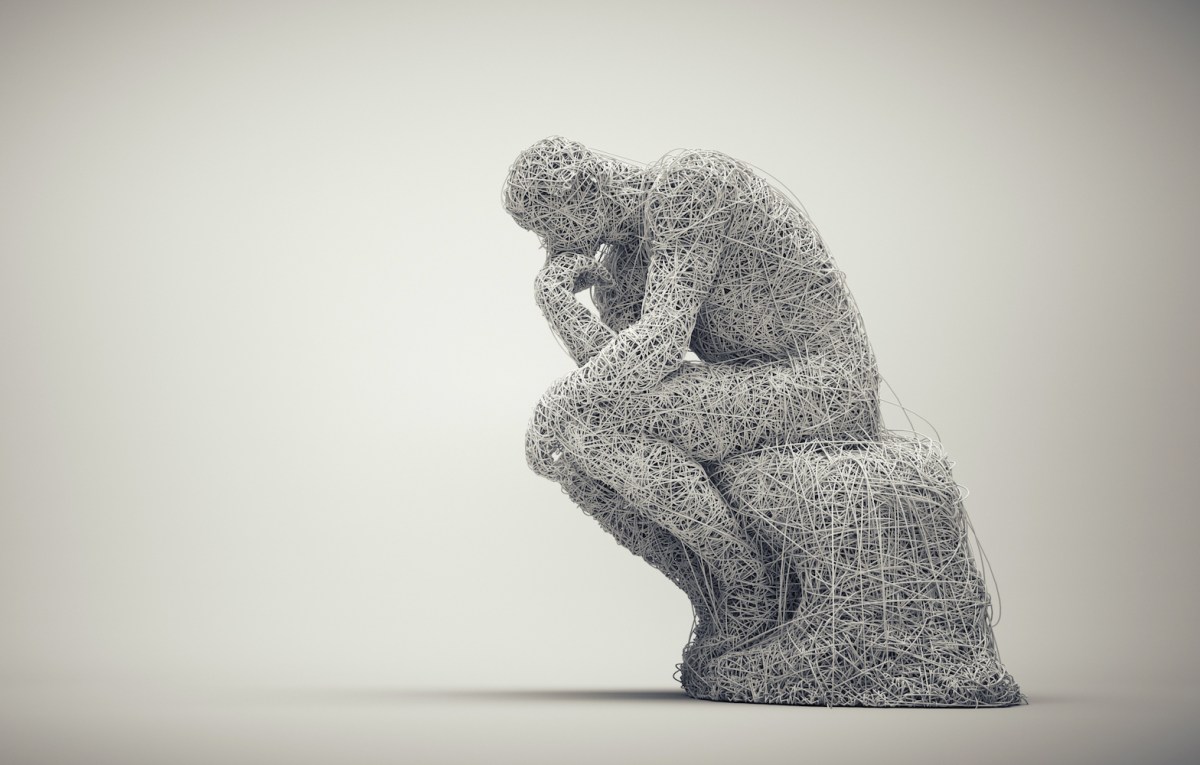When Elon Musk announced last month that he was launching a new artificial intelligence company, xAI, whose mission is to "understand the nature of the universe," it underscored the importance of answering existential concerns about the promise and risks of AI. The scientific and technological communities have been debating the extent to which human-made AI poses technological potential risks to our insatiable appetite for space, and whether we can adjust our behavior to reduce those risks, or whether the goal is simply to gain an edge over OpenAI, the formation of this company raises important questions about how companies should actually respond to concerns about AI. Specifically Who is actually asking questions about the short- and long-term impacts of the technology they are building internally, especially at their largest base model companies? Are they appropriately balancing technical considerations with social, moral, and epistemological issues? The answer to all of these questions is: humans, who may also be responsible for the design of AI.
지난달 일론 머스크가 "우주의 본질을 이해하는 것"을 사명으로 하는 새로운 인공지능 회사 xAI를 설립한다고 발표했을 때, 이는 인공지능의 가능성과 위험에 대한 실존적 우려에 답하는 것이 얼마나 중요한지를 강조한 것이었다. 과학계와 기술계는 우주에 대한 인간의 끊임없는 욕구에 대해 인간이 만든 인공지능이 얼마 만큼의 기술 잠재적 위험 가지고 있는지, 혹은 위험을 줄이기 위해 행동을 조정할 수 있는지, 아니면 단순히 OpenAI보다 우위를 점하는 것이 목표인지 여부와 관계없이, 이 회사의 설립은 기업이 실제로 AI에 대한 우려에 어떻게 대응해야 하는지에 대한 중요한 질문을 제기한다. 구체적으로 말하자면 내부적으로, 특히 가장 큰 기반 모델 기업에서 누가 실제로 구축 중인 기술의 장단기적 영향에 대해 질문하고 있는가? 기술적 고려 사항과 사회적, 도덕적, 인식론적 문제 사이의 균형을 적절히 맞추고 있는가? 이 모든 질문의 대답은 인공지능의 설계를 담당하도 있는 인간인 것이다.

